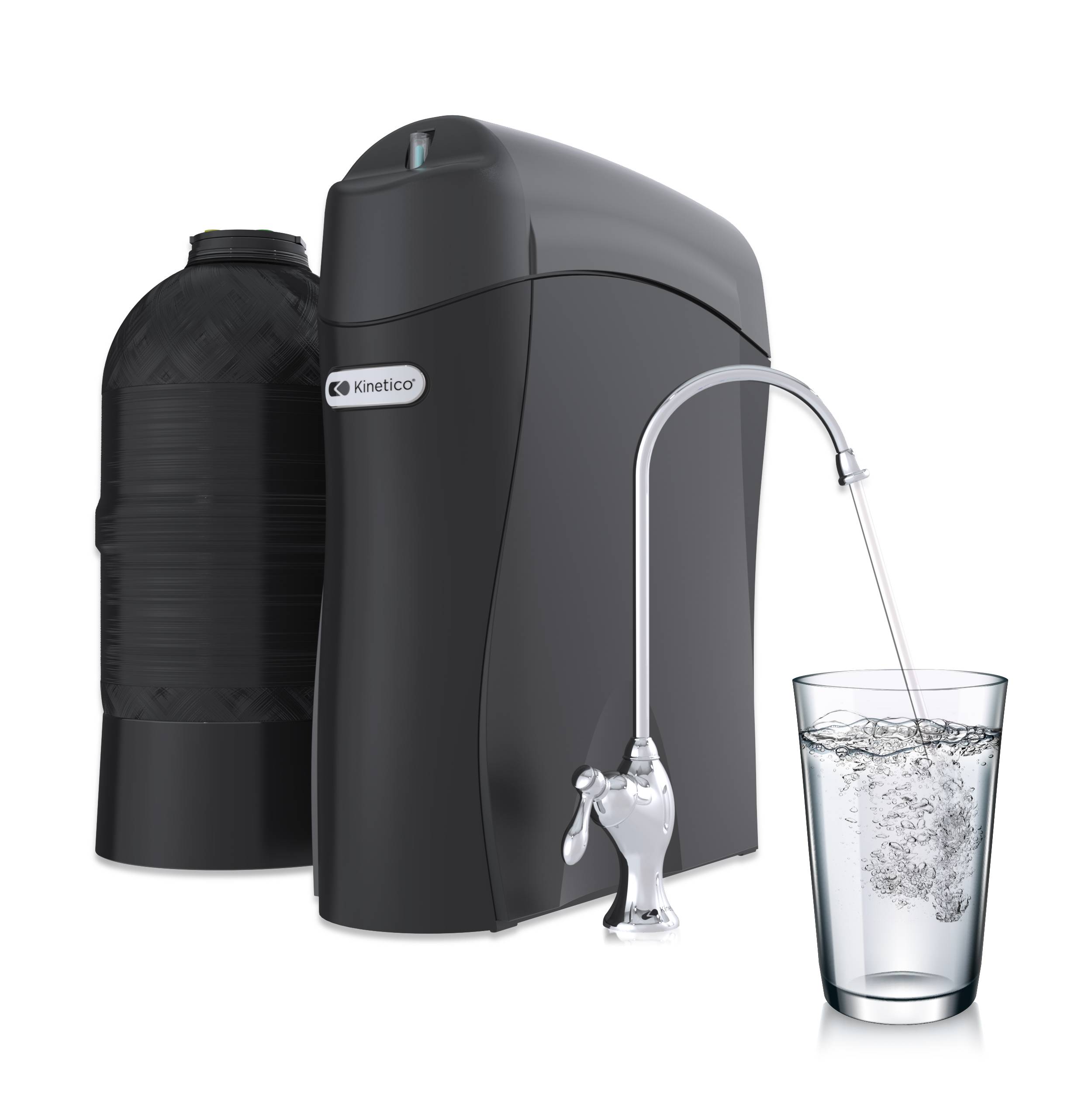Being a consumer today is a challenging task. We are bombarded with all sorts of product information in the media, on the web, etc. How can we make an educated decision on which product to buy or which technology to choose when there is so much conflicting information?
If we look through many of the products that are offered to the public today, there are some that, in my humble opinion, present some very questionable claims. There are a few product categories which seem to contain more than their share of these types of claims. For example, one category would be dietary supplements/OTC drugs. I am told I can lose weight, grow hair, grow certain parts of my body, enjoy life, live longer, remember more and be smarter by buying and consuming various products. I would argue that most of these probably do not work as advertised, but are not completely rejected by consumers because it really hasn’t been proven that they don’t work. We would need 25 years of data from thousands of users to prove, without a doubt, that they don’t work. One might assume the sellers understand that.
Now let’s look at our industry, the makers and sellers of Point-of-Use (POU) and Point-of-Entry (POE) water treatment products. From the time I joined this industry, 36 years ago, we have seen a few questionable products and questionable claims appear and disappear. Some have involved claims like:
1. Drinking hard water will turn your brain to stone.
2. Your health and life will benefit from “enhanced” water.
3. Various water treatment devices will give you softer skin, beautiful hair, longer lasting appliances and on top of it all, will save you money on soap and cleaners.
We know from 60 years of field results and scientifically conducted laboratory tests that ion exchange based water softeners do actually provide the benefits stated in #3. Their operation can be accurately explained using commonly accepted principles of chemistry and physics. By removing the calcium and magnesium (hardness) from the working water (the water we use to clean with) we can improve the efficiency of the cleaning and minimize the formation of harmful appliance-damaging scale. (For more information, view Stuart P’s video on how a water softener works.) However, in the last few years, working water claims associated with products that supposedly modify the water’s calcium and magnesium or physical properties with magnets, electric fields or high frequency energy, or produce micro crystals of hardness that proceed harmlessly through your home have increased significantly. Unlike the dietary supplement products with their “hard to test” claims, aren’t these working water claims easy to measure?
We thought so, and for years we have been testing many of these products in our lab. In my opinion, they just don’t work; they don’t provide the promised working water benefits. If they have in some way modified the hardness, we can’t measure it, nor can we see or feel any of the proposed benefits. Other than filtering or mechanically straining suspended solids (like dirt, sand, ferric iron, etc.) with media, we have never been able to see any measurable improvements to working water produced by any technology that didn’t use ion exchange, membrane separation or chemical addition technologies.
Standard electric heating elements were exposed to hard water treated by various technologies. View Kinetico’s testing results.
We are certainly not alone in doubting that these technologies are effective. A good summary of some of the literature is presented by Robillard, Sharpe and Swistock from Penn State University in their 2001 paper “Magnetic Water Treatment Devices”. Also, the WQA has issued Consumer Alerts to try and help prospective buyers of water treatment devices understand that devices utilizing technologies other than ion exchange do not soften water.
So, let’s close by looking at the following question. If some of these technologies apparently don’t work, do the manufacturers of the products using the technologies know they don’t work as advertised? If they publish data sheets describing how these technologies supposedly work, and a distributor or dealer sells the product based on those sheets, who is responsible to the homeowner who purchased the product? Interesting questions, eh?
Additional Information: WQA Magnetics Task Force Report



